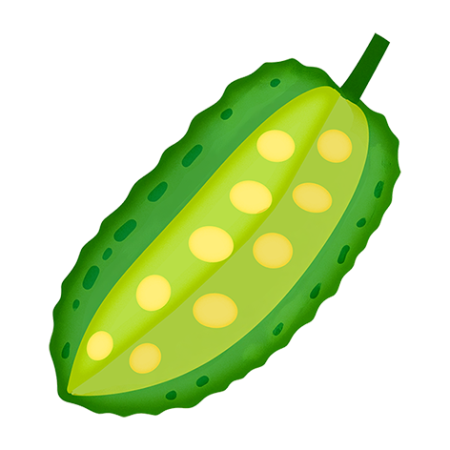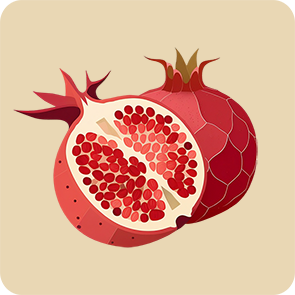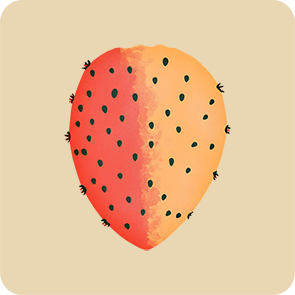
Durian

Banana

Bitter melon
A unique, green fruit known for its distinct bitter taste. It is often used in cooking, especially in Asian cuisine, and is prized for its potential health benefits, including its effects on blood sugar levels.
100
1 medium fruit
(200 grams)
CAL
A
Nutri-Score
Very low in calories, high in fiber, and packed with vitamins and antioxidants.
Value per 100 grams & per cup (100g):
17 kcal / 16 kcal
Protein
1 grams / 1 grams
Fats
0.2 grams / 0.2 grams
Carbohydrates
3.5 grams / 3.5 grams
Fiber
2.7 grams / 2.7 grams
Vitamins & Nutrients
- Vitamin C: Supports immune function and skin health.
- Vitamin A (beta-carotene): Helps maintain healthy vision and skin.
- Iron: Supports blood health and oxygen transport.
- Folate (Vitamin B9): Important for cell growth and metabolism.
Satiety and Feelings
Bitter melon is crisp with a watery, slightly bitter flavor. While its taste might be an acquired one, it is hydrating and filling. Its fiber content also supports digestion and can help maintain a sense of fullness.
What does 100 g look like?
1 small bitter melon,
What does 2000/2500 calories look like?
About 140 bitter melons.
Daily Value per 100 grams %
Did you know?
Bitter melon has been used in traditional medicine for centuries, particularly in Asia, for its potential benefits in managing blood sugar levels.
It is a rich source of vitamin C, which helps boost the immune system and promote healthy skin.
Bitter melon is believed to have antioxidant properties and may help reduce oxidative stress in the body.
Drawback
The bitter taste of this fruit can be off-putting to some, making it difficult to incorporate into dishes.
Bitter melon may interact with medications for diabetes by lowering blood sugar levels, so it should be consumed with caution for people on these medications.
Overconsumption of bitter melon can lead to stomach upset or digestive issues, especially in sensitive individuals.


































































